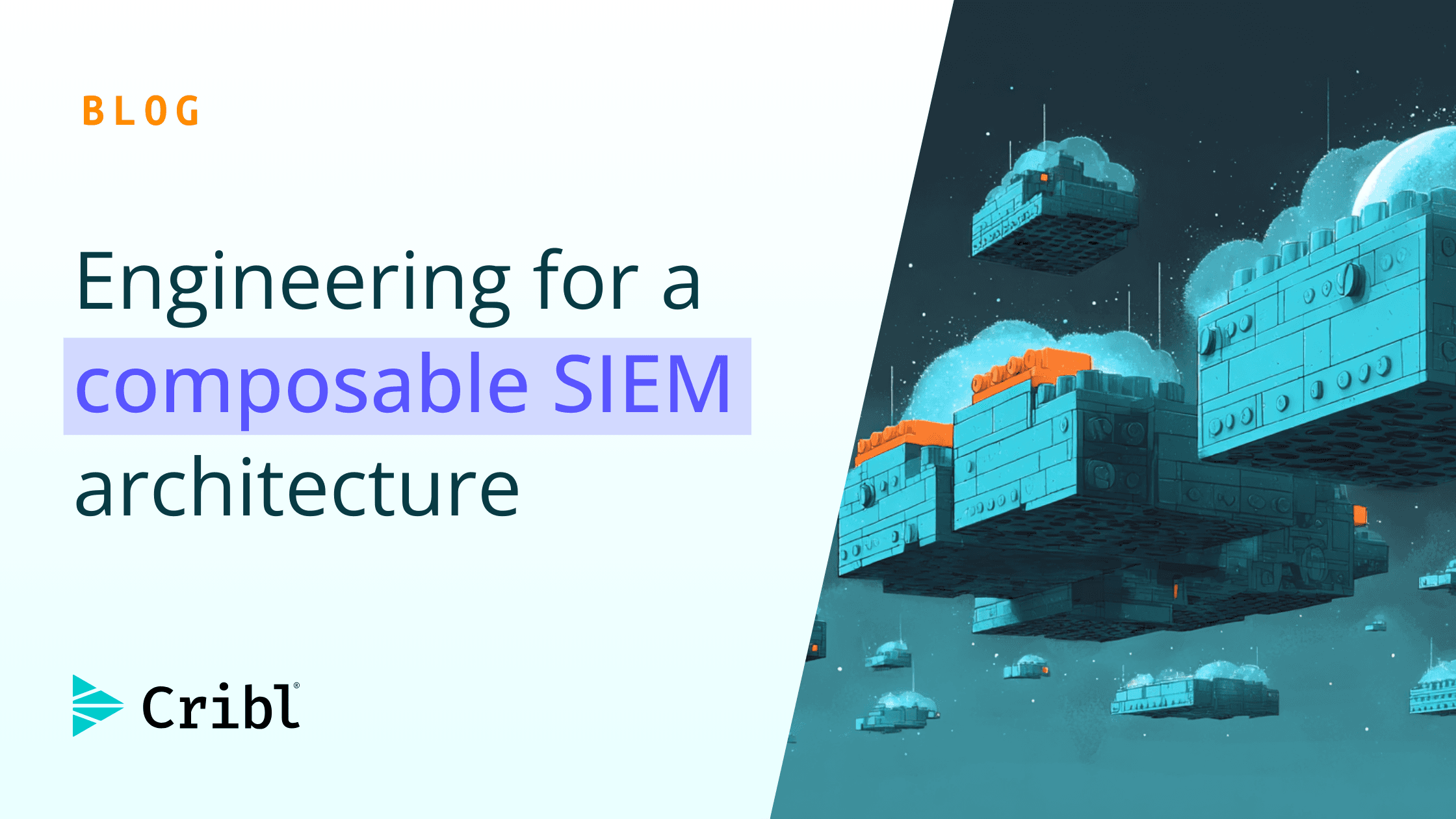In this livestream, I had a great discussion with Paul Stout and Scott Gray from nth degree about how the service model has evolved from a focus on time and materials to outcome-based services. Watch the full conversation here and leave with a roadmap for improving your next service engagement.
Security teams often have a love-hate relationship with onboarding new tools. On one hand, you just bought yourself new technology to fix a problem or save time — but if you have to engage services to get the tool set up correctly, vendors are careful not to promise too much.
Instead of diving right in, they’ll start the engagement with a warning about time and materials, telling you ahead of time that you’ll likely have to come back and pay more than you anticipated. You can’t devote eight hours a day to professional service (PS) engagement for six months to get things going, so you enter into an agreement and hope for the best.
This model has traditionally worked in the vendor’s favor, but the team at nth degree does things differently. Instead of forcing customers to return to the well after time runs out on a contract, they ensure everyone is fully aligned.
Problems With the Traditional Service Model
The biggest issue with traditional PS engagements is the time it takes to negotiate statements of work (SoW). When the time finally comes to start a project, the SoW was likely written six months ago — with information collected nine months ago. In the time it takes to go through the process of getting everyone to sign off, business requirements shift. At that point, you’re stuck negotiating a change order or finding ways to reallocate resources creatively.
Another issue arises when consultants finally arrive on site and find deficiencies and shortcomings that need to be addressed before they can get started. Things either changed in the time it takes to complete the contract, or items got overlooked because the consultant doing the actual work wasn’t involved in nailing down the terms of the agreement. No matter how good they are at their job, if the project scope has evolved or wasn’t spelled out properly, issues will inevitably arise.
Shifting to an Outcome-Based Approach
Starting huge projects without alignment frustrates everyone — that’s why nth degree works with their customers to define guaranteed, outcome-based solutions. Whether they overshoot or undershoot the project on the hours, they’re committed to delivering the agreed-upon outcomes to the customer.
To avoid confusion between all parties involved, everything is ticket-based. Clients can interact with technicians directly through that ticket and ask questions. If a project is outside the skillset of an assigned consultant, tickets are reassigned to a specialist, changing ownership as many times as is necessary. The outcome-based model also allows clients to change any of the outcomes they’re looking for right up until the point where work is supposed to begin.
When nth degree works with clients to get Cribl Stream up and running in their environments, they align with Cribl’s Silver, Gold, and Platinum tiered activation services to facilitate a smooth 90-day customer journey. They guarantee outcomes within a fixed price structure, whether it involves two, three, or five use cases, ensuring that customers receive the desired results without the headaches of hourly billing.
A New Direction for the Professional Technical Services Industry
Bringing in a new tool is a huge lift for most organizations — the process requires specialized skill sets and outside expertise. Once a technology is onboarded, learning how to use it takes time. leaving another opportunity for vendors to provide better, more flexible services. To mitigate this, nth degree also offers a subscription model for an ongoing number of outcomes for the platform, following consumer trends away from ownership to value-driven usage.
The outcome-based model benefits everyone in the long run, which could lead the industry to trend more toward flexibility, shared risk, and guaranteed outcomes. With this new model, organizations get the freedom and control they want — and vendors can build trust with clients from the start. Having both sides equally invested in delivering each outcome is better for everyone, and nth degree is leading the way.







